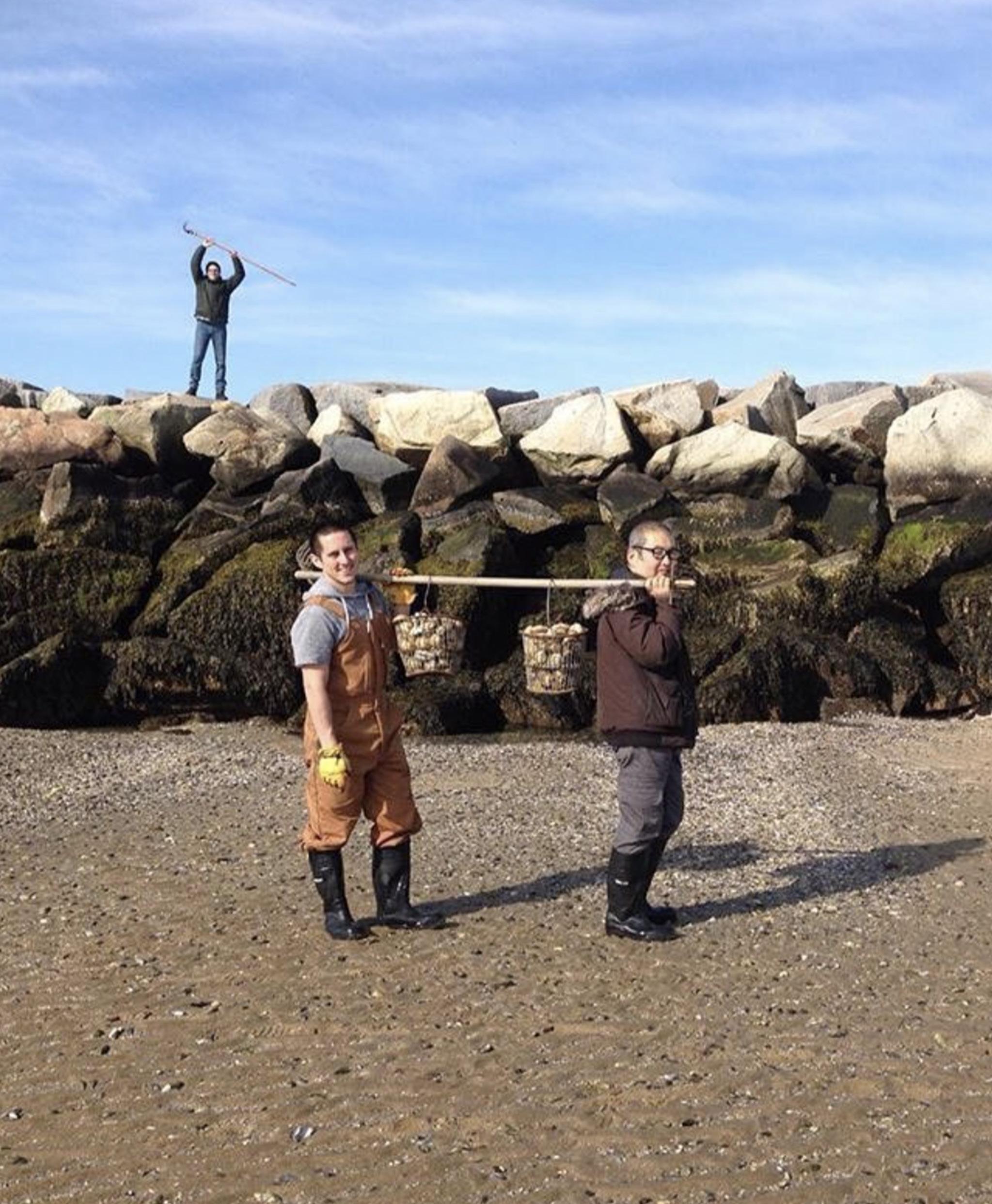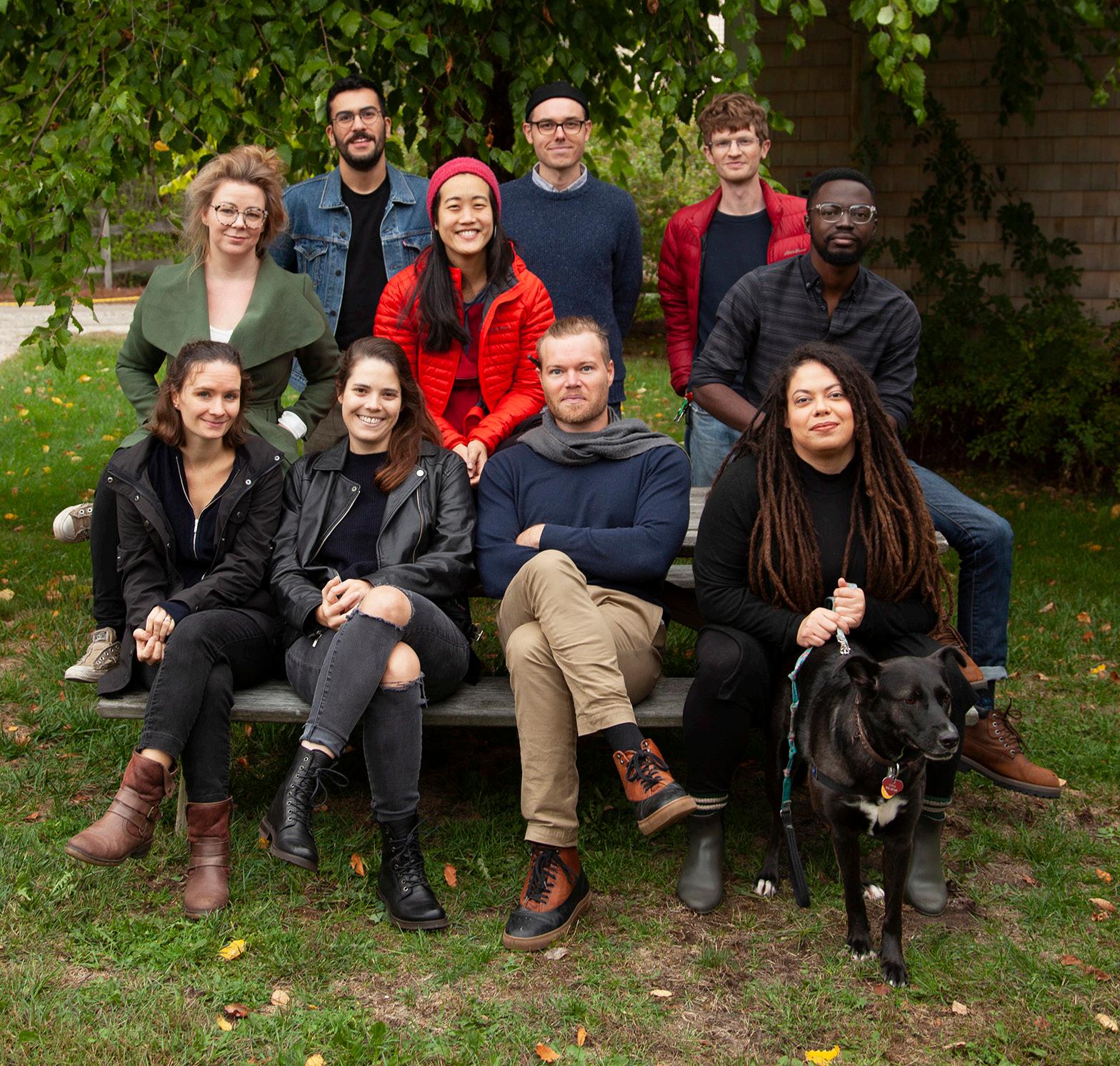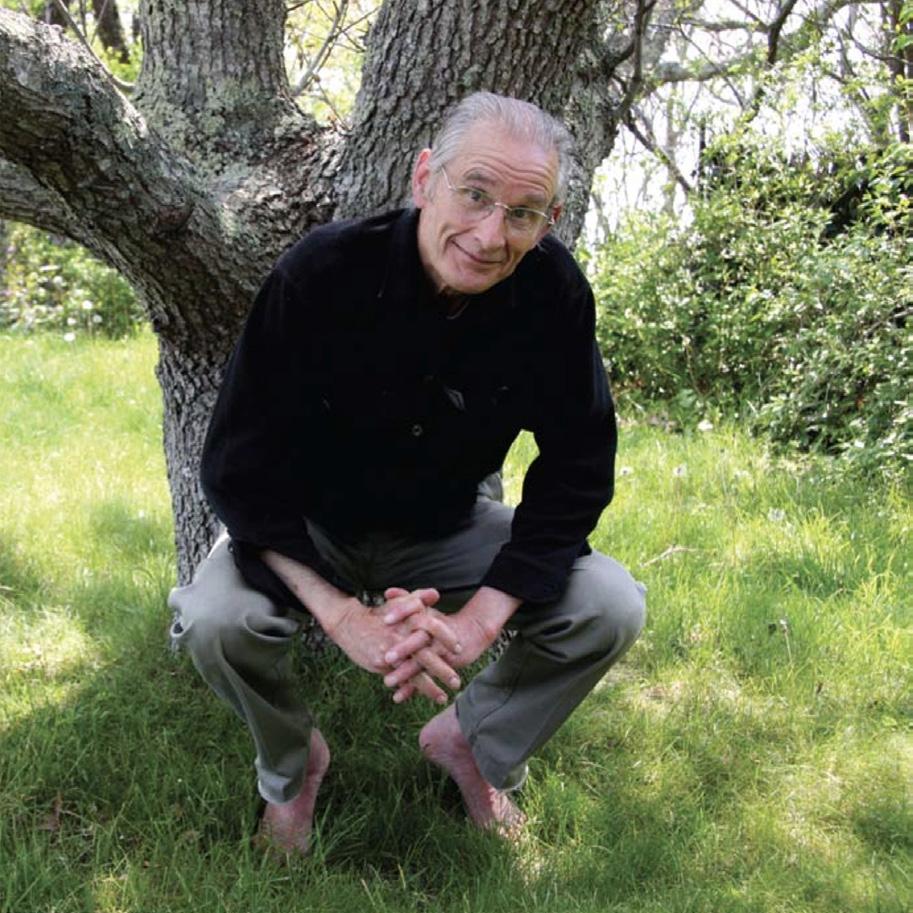
3 minute read
J.W. PTACEK
J.W. PTACEK from “UNTITLED”
[…] here words failed the iconographer, who wished to express to the hegumen that he, the iconographer, was not the same man the hegumen had known when they were both young novices living together in the same cell, but also that he, the iconographer, was not the man the hegumen may have been led to believe him to be, because over the past ten years there had circulated among men a proliferation of fantastic fictions concerning the iconographer, and these fictions had grown only more fantastical with each passing year, making the fictions of previous years seem increasingly more plausible, until what was once considered an implausible fantasy was buried beneath new and greater fantastical implausibilities where it solidified into a bedrock of supposed truth, so that even the iconographer could not help but incorporate these fictions into his experience of himself and therefore his identity, if only by virtue of his being ever conscious of these fictions that were circulating out there in the world (much in the same way that, standing there in his surprisingly well-heated cell, he could not help but shiver and feel that he was cold, if only by virtue of his being conscious of the winds that were howling across the frozen field), because beneath even that bedrock of supposed truth, which was itself fictitious and which supported all fictions, there lay a certain lamentable fact that prevented any one of these fictions, even those fictions which ranked among the most fantastic and implausible, from being dismissed as a baseless lie, for they were all of them rooted in the same undeniable fact, which fact quite simply was this: the iconographer had renounced his vocation—this much alone was fact, and anything alleging to explain why the most promising iconographer in All Rus’ had given up on iconography and to chronicle his doings thereafter was simply speculation, supposition, invention, in short, the stuff of fiction, but, be that as it may, should the notion arise that such stuff could not be of any possible concern to these pages, then such a notion must be corrected, because even as far-fetching a fiction as the one which relates how the iconographer killed a man in the city of Vladimir to save the life of a young woman, a so-called yurodivy or holy fool, and then as penance offered to God a vow of silence, even this could be of concern to these pages, providing it reveal some truth about the iconographer’s relationship to his vocation, with a view to understanding his eventual writing of the icon of the Troitsa or Trinity, because insofar as a fiction revealed such a truth, then such a fiction would be of great concern to these pages, its deviation from historical and biographical fact notwithstanding […] and the iconographer, alone now in his cell, was pained that he had been unable to speak to the hegumen,
Advertisement
but he felt that he could not have explained himself, that is, he could not have told the hegumen who he was, because truly he didn’t know, he couldn’t know, because even though he had returned to his vocation and understood what he was called to do, he no longer understood precisely who was calling—God, yes, but what that referred to was in constant flux—and he no longer understood precisely who was being called—himself, yes, but what that referred to was no less fluctuating—yet the reality of the call, the fact that a call existed, this much he understood, but anything beyond that was conjecture, hope and faith, all of which left him with no choice but to proceed in ignorance and curiosity, in wonder and humility, because whoever he was, that is, he who could be explained, who could make decisions upon such matters as the possibility or impossibility of explaining who he was, whose decisions were determined by fears and desires, who cultivated preferences as the contours of personality, whose thoughts were the thoughts begotten by that personality, whose reflections on those thoughts bore witness to that personality, and who was himself that personality, this was not the real and true him, this was someone who would pass away, who must pass away, in order for his real and true identity to emerge, and for him to become who he had been even before he was, namely that unique and unrepeatable utterance in the mouth of the One who called him to be […]






